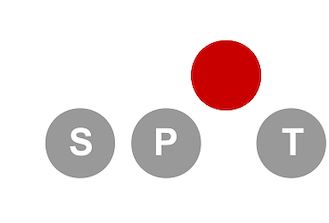The special session “Automated Algorithm Design for Evolutionary Computation” (AutoDesign4EC) at the 2022 IEEE World Congress on Computational Intelligence (within IEEE Congress on Evolutionary Computation) in Padua, Italy, July 18-23,
2022 welcomes submissions of original research articles on all aspects
of Automated Algorithm Desig relevant to optimization with evolutionary
algorithms and related approaches.
Accepted papers will be part of the IEEE CEC Proceedings.
Submission deadline: January 31, 2021
Important: Make sure to select the AutoDesign4EC special session (CEC-SS-21) when submitting!
SCOPE
Automating the design of new heuristics that are suitable for a given
optimization problem instance is a core research objective in
computational intelligence. It is a demanding task, as it requires a
solid understanding of the complex interactions between the algorithm
configuration space and the problem space. Many different techniques
for the automated selection, configuration, and design of black-box
optimization algorithms co-exist, in a yet very unorganized way across
different sub-domains of evolutionary computation, machine learning,
and operations research.
This special session intends to bring together researchers interested
in the automated design of optimization algorithms for black-box
optimization. No restriction will be made on the particular application
domain, i.e, we are equally interested in
combinatorial/discrete/numerical/mixed-integer optimization,
noisy/non-noisy settings, static/dynamic problems,
single-/multi-objective optimization, different performance metrics,
etc. The unifying theme are the approaches that are used to automate
algorithms’ design.
TOPICS OF INTEREST
We welcome submissions on the following topics:
– Supervised ML for automated algorithm selection, configuration, and
design
– Unsupervised ML for automated algorithm selection, configuration, and
design
– Explainable machine learning for automated algorithm selection,
configuration, and design
– Meta-learning
– Transfer of approaches between machine learning and optimization
– Taxonomies/ontologies for describing the algorithm instance space
– Complementary analysis of different benchmarking datasets
– Representation learning techniques for structured, unstructured, and
graph data
– Exploratory landscape analysis for characterizing problem or
algorithm space
– Feature selection, ranking and sensitivity analysis
– Representation learning applied on landscape data
– Representation learning applied on performance data
– Improving understanding of data (landscape and/or performance)
through visualization techniques

